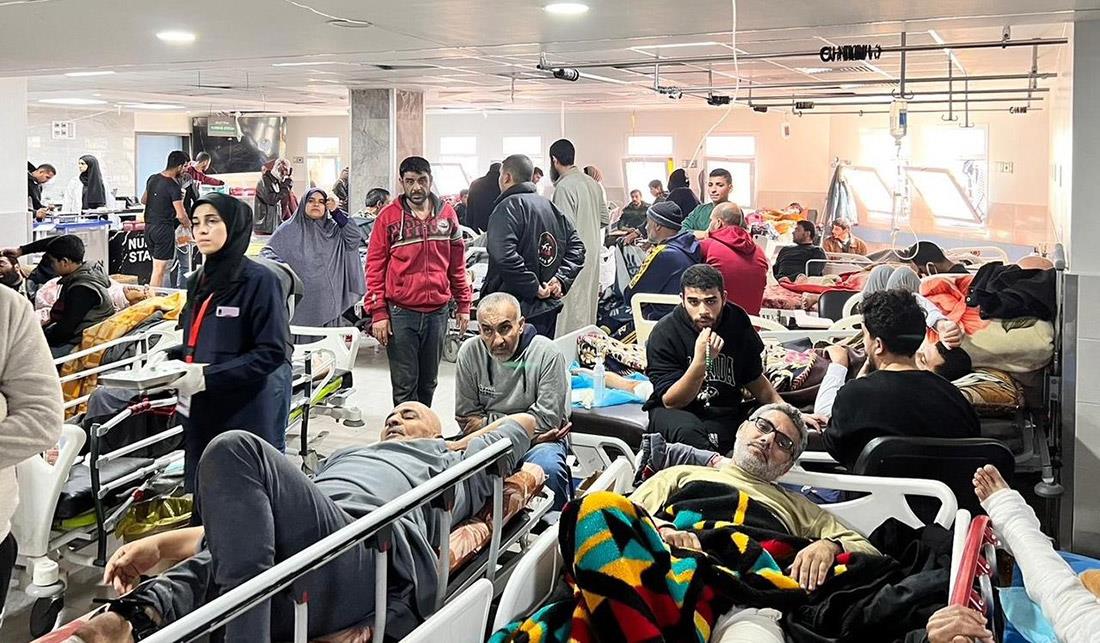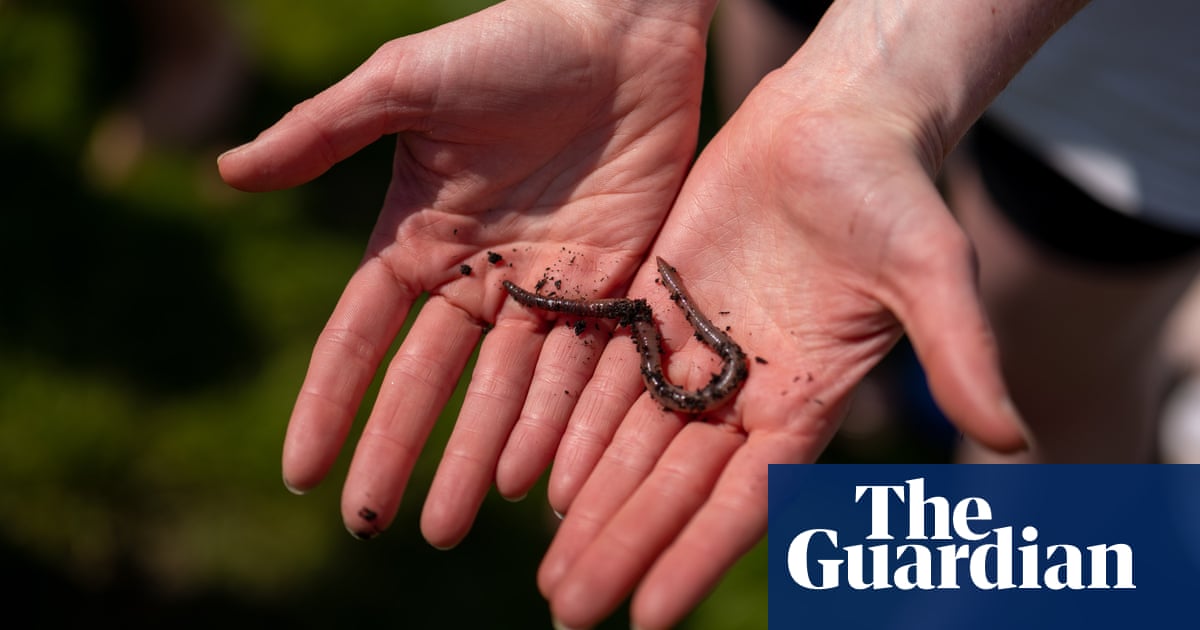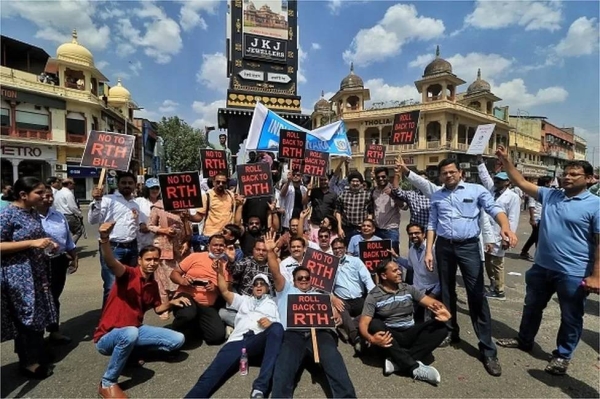
The health and social benefits of reducing motor traffic are so substantial that a hospital charity is paying to install temporary low-traffic neighbourhood (LTN) measures in a London borough.
Southwark council will be given £250,000 by the Guy’s and St Thomas’ Charitable Trust to install planters and removable bollards in three areas.
Low-traffic neighbourhoods are areas where measures have been taken to reduce traffic and improve access for cyclists and pedestrians. They have been popping up around the country in recent months, and last week transport secretary Grant Shapps announced a £175m fund to support more LTNs.
The plans for changes to the wards of Camberwell Green, St Giles, and Faraday – which are among some of the most socially deprived in the UK – will include widened pavements, additional seating and roadside markings to encourage walking and cycling. In addition, several parking spaces will be removed as part of the scheme, which is due to start in December.
The measures will be activated through an Experimental Traffic Management Order (Etmo), with consultation taking place some months after the schemes are introduced. An Etmo can be in place for up to 18 months, but Southwark council expects to measure feedback within four months of introducing traffic reduction measures, after which the street changes could be made permanent.
The Guy’s and St Thomas’ Charitable Trust is an independent foundation working with Guy’s and St Thomas’ NHS foundation trust to improve public health in Lambeth and Southwark.
The proposed LTN measures are in line with the charity’s 10-year programmes to reduce childhood obesity and improve air quality.
Kate Langford, the charity’s air quality director, has written previously that up to 9,500 deaths a year in London can be attributed to long-term exposure to air pollution. “Large-scale interventions such as the expanded ultra-low emission zone [in London] are expected to reduce traffic-related emissions, however we’ve still got a long way to go to tackle the issue.”
A report from the head of highways at Southwark council recommended implementation of the scheme, saying that the areas chosen for the projects are in the wards with the highest air pollution and child obesity levels, as well as the areas of the borough with the highest levels of social deprivation.
Some of the local press has been critical of aspects of the LTNs that have already been rolled out in Southwark and across London. An editorial in September in Southwark News criticised some of the choices of locations for traffic filters and asked the council to make sure access for emergency services was taken into consideration.
Leo Murray, co-founder of the Possible charity in London, which encourages practical solutions to the climate crisis, said LTNs in London were being installed in the boroughs “highest on the index of multiple deprivations, going into places where they’ve benefited people at the lower end of the income spectrum”.
Murray said he disagreed with the argument that removing “rat-running” from some streets pushes traffic on to busier roads and disadvantages black and ethnic minority residents because they are more likely to live on those roads. Possible released a study on this subject on Monday.
“There is no evidence to support [the argument] that black and minority ethnic people are adversely affected by LTNs, and actually quite a bit of evidence to support the opposite,” he said. “On a borough by borough analysis, we found that it’s the richest areas that have done the least to tackle poor quality air and childhood obesity.”
“The Guy’s and St Thomas’ Charitable Trust is very explicit that it’s focusing on areas of high levels of deprivation; it’s literally in the spec.”
Councils in deprived areas don’t always have big budgets to modify transport behaviours, but Murray said he was still surprised it had taken the intervention of a health charity to push for change. “I was taken aback that Guy’s and St Thomas’ Charitable Trust has had to take this upon themselves, but it fits in with their health remit.”
He said he hoped other health charities and trusts around the UK would follow suit. “We have to have a large and unprecedented rapid reduction in overall motor vehicle miles being driven in the UK if we hope to meet climate targets.”
The government is also reported to be considering a road-pricing plan to charge motorists by the mile. The Daily Mail reported that a budgetary black hole has forced Chancellor Rishi Sunak to consider the idea, although implementation would not be “imminent”.
A similar plan was ditched by Labour in 2007, after an online petition against it gathered 1.7m signatures within days.












